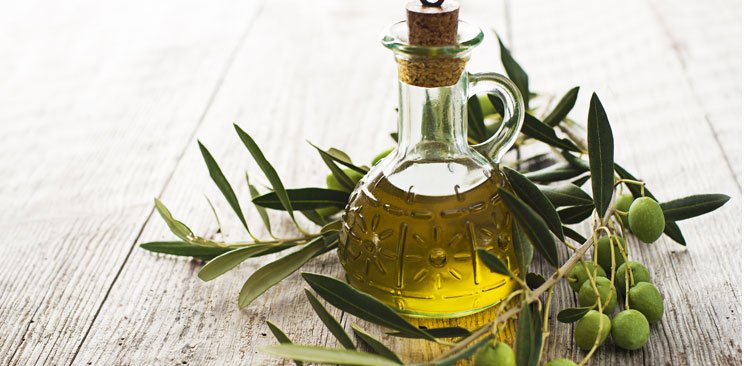The role of extra virgin olive oil in dietary treatment of cancer was presented last week at the University of Sydney by Mary Flynn from The Miriam Hospital and Brown University, Providence, Rhode Island, US.
She said higher (but within normal range) levels of insulin and glucose are related to increased risk of breast, prostate and colon cancer and leukemia. Ms Flynn also said not all dietary fats have equivalent effects on health. Vegetable seed oils (soybean, safflower, corn) are rich in (omega-6) polyunsaturated fats that increase oxidation. Increase in omega 6 intake is related to breast cancer development as there is an increase in lipid oxidation in breast cancer tissue.
“Lower rate of cancers in countries consuming a traditional Mediterranean diet – vegetables, fruits, grains, red wine – is known, but research shows that the diet’s key component is extra virgin olive oil, and it’s the phenols in the oil that provide the health benefits,” she said.
Ms Flynn says that using extra virgin olive oil can make vegetables healthier, taste better and increase intake, but studies show that the benefits extend well beyond taste alone:
- 30ml a day of extra virgin olive oil for two weeks versus sunflower oil saw a significant decrease in fasting glucose and insulin.
- An olive oil-enriched diet (no amount specified) versus vegetable oils for eight weeks improved insulin sensitivity and vasodilation.
- Pasta and eggplant fried in olive oil (25ml) led to lower blood glucose and insulin versus just adding olive oil.
Further, dark vegetables have been part of dietary treatment for years for their powerful cancer-fighting properties in the body, Ms Flynn says.
“What may be missed is that it’s the carotenoids that give pigment or deep colour to vegetables, and carotenoids need dietary fat for maximal absorption and cooking in fat increases carotenoid absorption,” she said.
Risk for several cancers also increases with higher body weight and weight gain, and inversely decreases with a Mediterranean diet and consumption of olive oil, she said.
When diets were compared between the plant-based one using Cobram Estate extra virgin olive oil and the National Cancer Institute (NCI) diet, Ms Flynn said participants lost more weight on the NCI diet, but also experienced weight loss, lower triglycerides and preferred the plant-based olive oil diet.
In comparison with the Prostate Cancer Foundation diet, Ms Flynn referred to studies that concluded that both diets can be used for weight loss for men with prostate cancer, but a plant-based, olive oil diet should improve insulin sensitivity and blood glucose levels, increase vegetable intake and may be more acceptable for long-term use.










